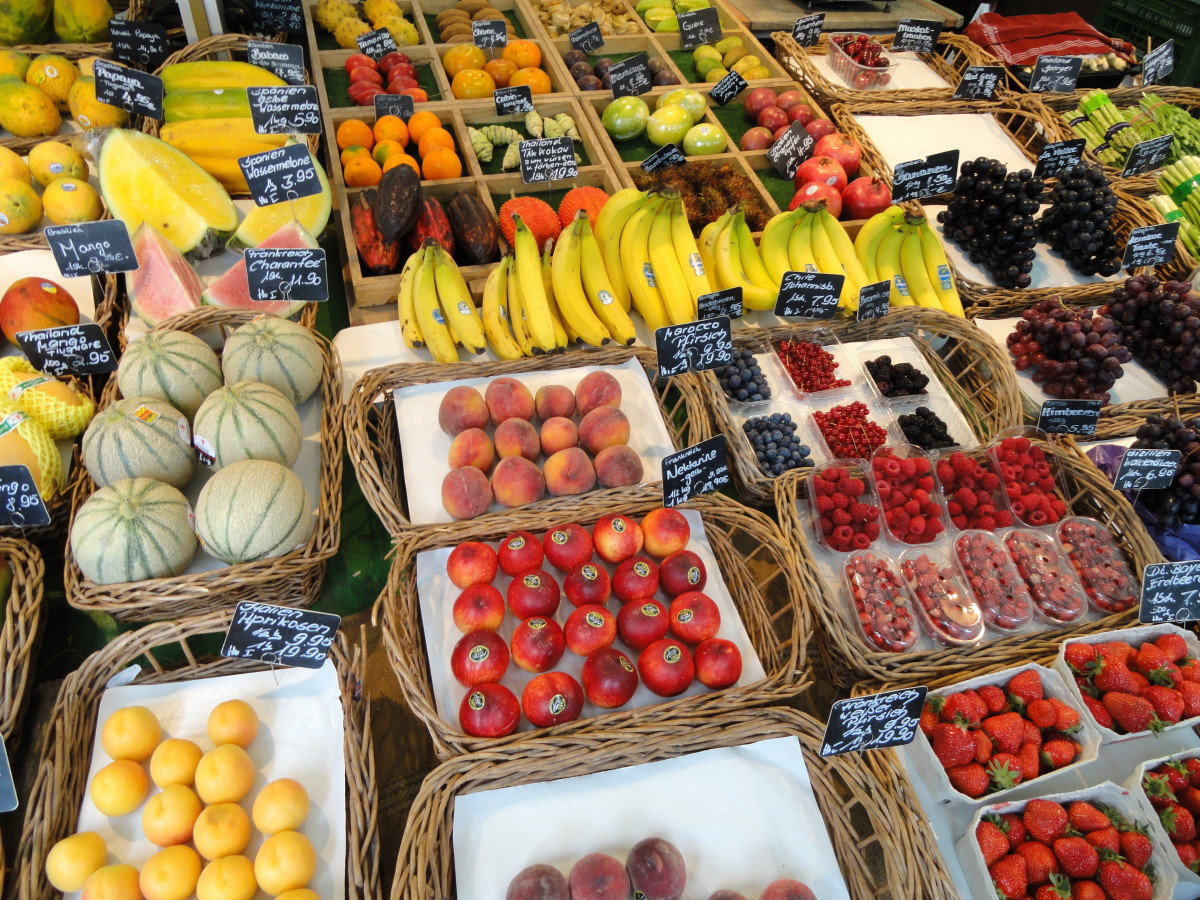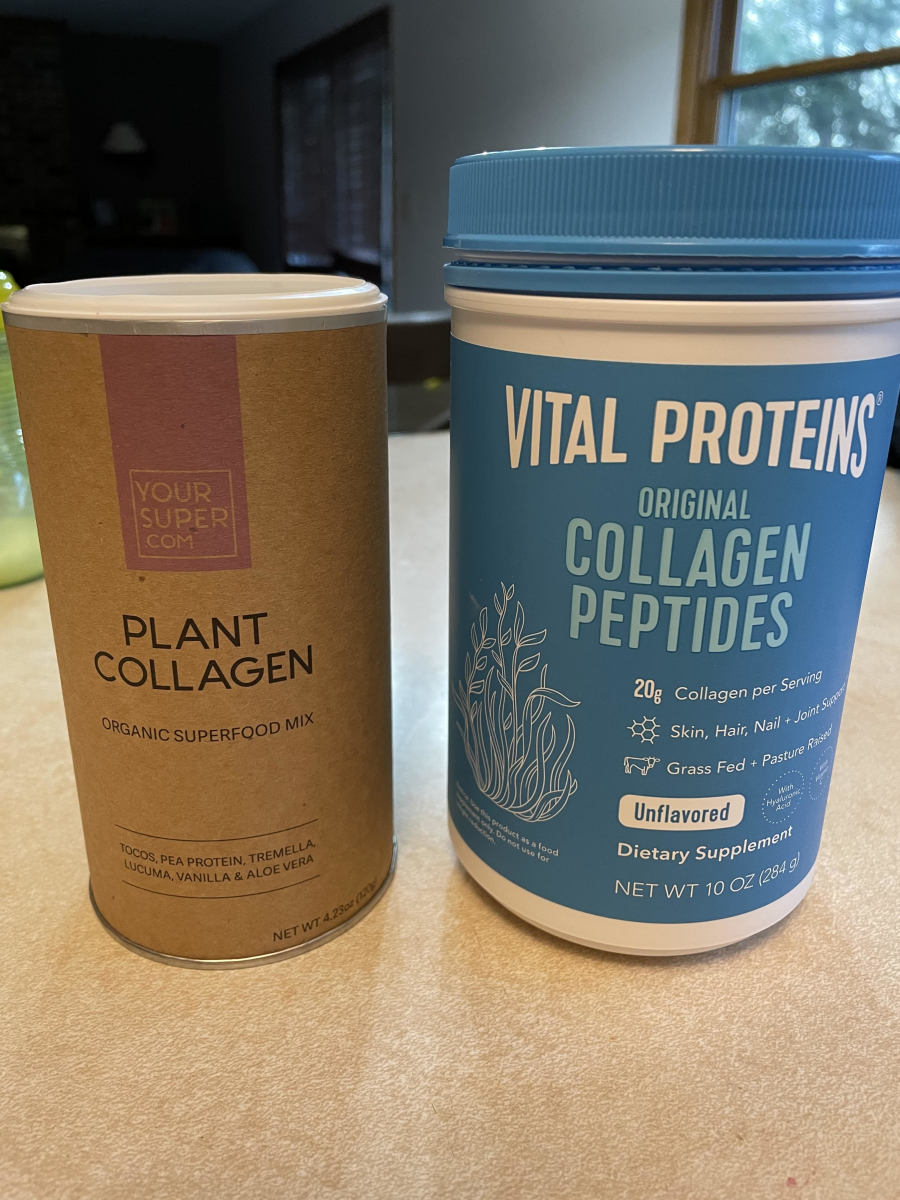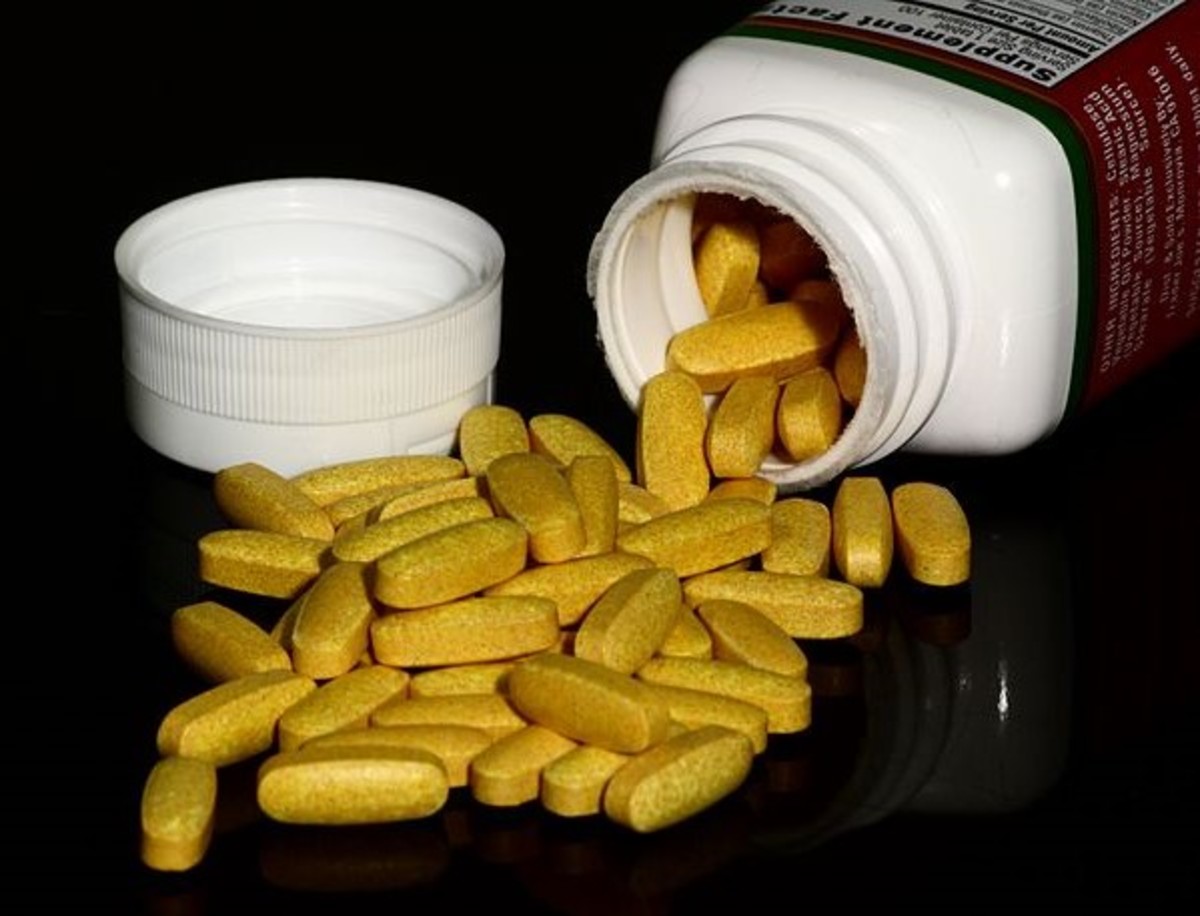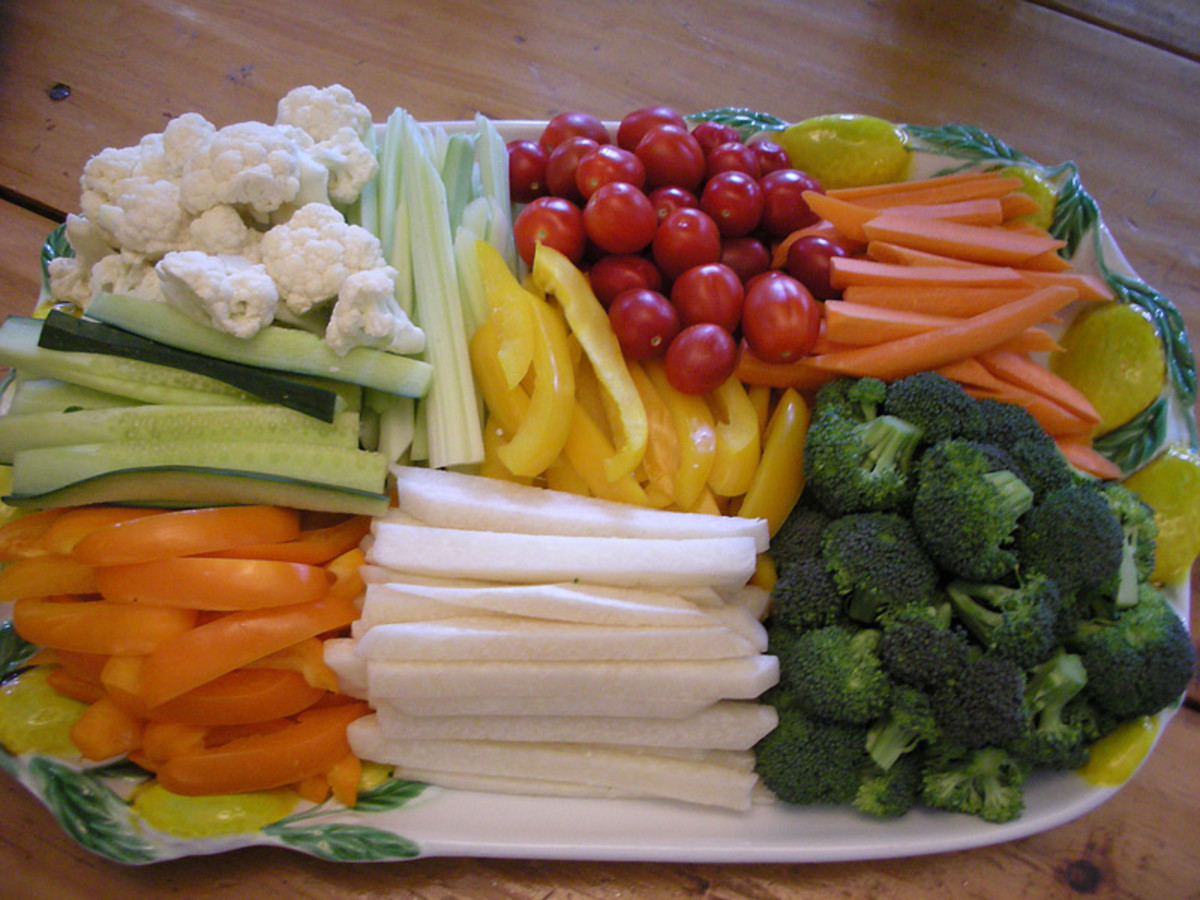Creatine vs Glutamine - Sources
<< Part 1 - What are They? <<
So now that you know what creatine and glutamine are, let's find out some good sources for these handy fitness supplements.
You may not realize it but you've already got both inside you right now. You might be thinking to yourself, "No, I've never taken supplements." But a supplement by definition is just an addition to what you already have.
Your body can make both creatine and glutamine on its own. That might be taxing work for your body to do all the time, but you can also get both from certain foods.
And if you feel like that's not enough for your needs THEN you can "supplement" with various types of products. Let's dig a little deeper.
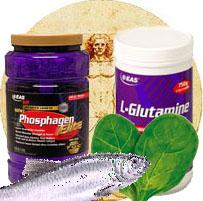
Recommended Reading
Naturally Synthesized
As I said in Part 1, creatine is synthesized mostly in the liver, and also in the kidney and pancreas, from the 3 amino acids: arginine, glycine and methionine.
The creatine that your body produces is enough for everyday activities.
There's no creatine in vegetables but vegetarians don't seem to have huge creatine deficiencies. Their bodies can form the creatine from plant-derived amino acids.
I also mentioned in the first article that glutamine is synthesized in your muscles and then it'll ship it off to your kidney, liver, small intestines and immune system.
Your body will break down your muscle protein and use other amino acids to create glutamine.
If you want to make gains in your muscle strength and size, then you can't allow your body to do all the work.
You've got to give it some creatine and glutamine from outside sources: Eat something!
Food Sources
Alright, let's take a look in your fridge and see what foods are good sources for creatine and glutamine. You might be surprised at where you'll find it.
Creatine Food Sources
- Meat
- Fish
- Poultry
- Cranberries
That's nice, but how much creatine is in food like what's listed above?
Well, if you took a pound of most of the above, your best bet would be herring. It has about 3 grams of creatine per pound. Pork comes in second with 2.3 grams per pound. Salmon and beef are tied for third with 2 grams of creatine per pound. Tuna has 1.8g/lb and cod has 1.4g/lb.
The most shocking food to contain creatine, cranberries, doesn't have much in it at all. It only has about .0009 grams of creatine per pound.
So you see, using food as a means of creatine supplementation, would just be too many calories. If you do the math, herring is only .67% creatine (that's point six seven percent). Imagine sitting down and eating a pound of ground beef to get a measly 2 grams of creatine.
Glutamine Food Sources
- Meat
- Fish
- Poultry
- Dairy Products
- Beans
- Vegetables
Glutamine is destroyed by cooking, so that makes it even harder to use food as a supplement. It's not as common to eat raw meat, unless you count sushi, as it is to eat raw vegetables and dairy products. So you probably still will be getting a decent amount of glutamine from your diet.
The average person, who eats a healthy diet, gets around 5 - 8 grams of glutamine a day from their food. You can get the most glutamine from pork, poultry, dairy, eggs, wheat germ, oats and avocados.
Want a good natural dose of both creatine and glutamine?
Well go get some sushi and eat some raw salmon or cook up a nice steak or pork chops and have a salad with some spinach in it.
But what if that's not enough for you?
If you're a heavy lifter or you're always working out hard regularly, you may feel the need to up your creatine and glutamine intake. The next step up would be supplements.
Supplements
Creatine became popular as a supplement after the 1992 Olympics in Barcelona. A number of medal winners were reported to have supplemented with creatine as they trained for their events.
The next year a company called EAS produced the first commercial creatine supplement called Phosphagen. And in 1994 the FDA approved the usage of creatine in the Dietary Supplement Health & Education Act.
Now you see it every where you look in fitness stores, magazines and so on.
Creatine comes in two main forms: creatine monohydrate (the most common - creatine bonded with a water molecule) and creatine ethyl ester (CEE). There are claims that CEE has a higher absorption rate, but there are no studies to prove this.
Creatine can also be ingested a few different ways: you can mix up a powder in your drink, swallow pills of creatine or there's even a serum you can take.
It's been said that heavy lifters like bodybuilders may put themselves in to a glutamine deficiency because of all the stress they put on their muscles. This can cause a weakened immune system and waste valuable muscle, hence the need for such individuals to supplement with glutamine.
There's just not as big of hype for glutamine as there is for creatine. You can get glutamine in powder or pill form. It's also mixed into a lot of other supplements, so check your labels.
Alright, if you've read this far, you probably plan on supplementing with creatine and/or glutamine. But let's not jump the gun, I think you may need a little more convincing.
Your number one question should be, "What good will it do for me to take either of these?"
Let's take a look at some of the benefits of supplementing with creatine and glutamine.





